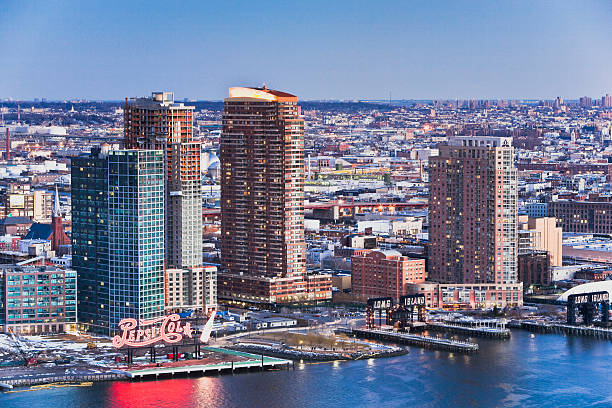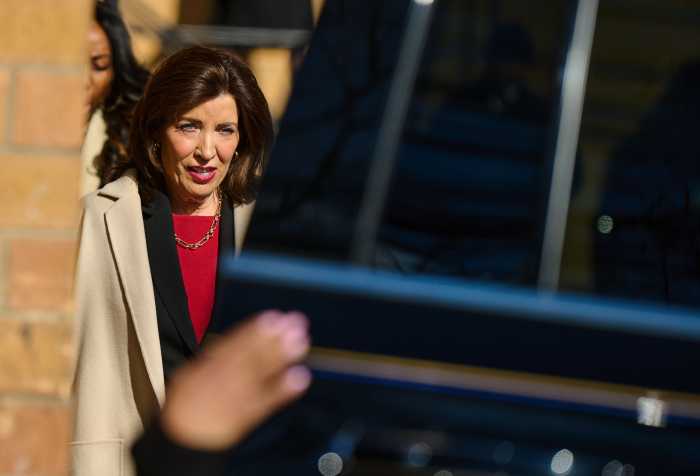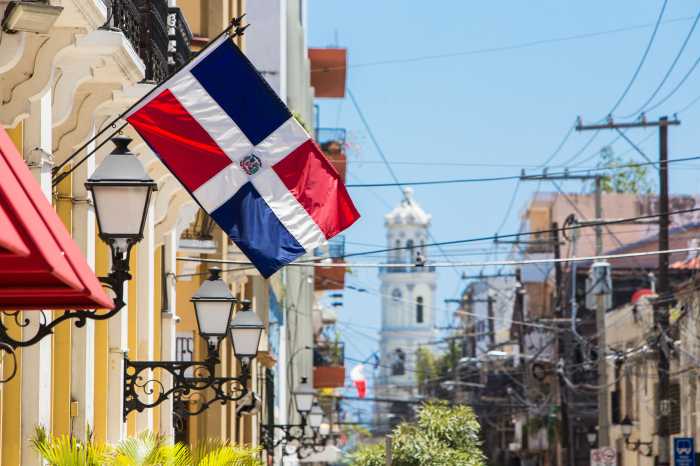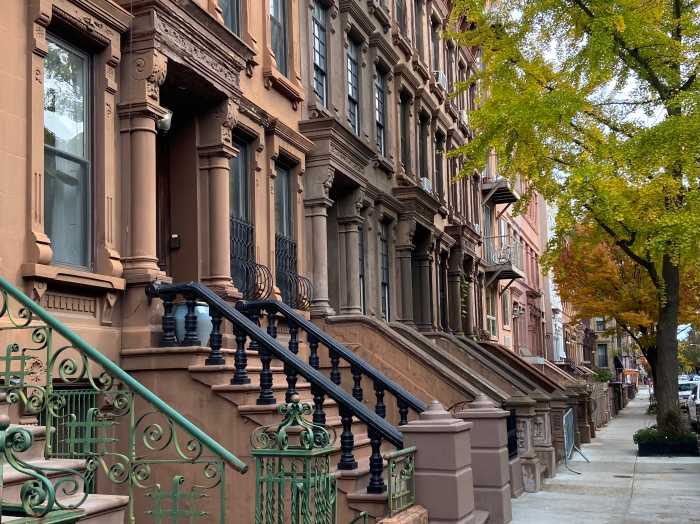As New Yorkers celebrate another Labor Day Week, we should rightfully pause to recognize and celebrate the hard-won rights that working people have fought for. But here in New York City, Labor Day is also a reminder that the struggle is not done.
For two months, hotel workers and allies have been working to advance the Safe Hotels Act, Council Member Julie Menin’s bill to regulate and strengthen NYC’s critical hotel industry. After years of deteriorating workplace safety, increased wage and hour violations, and complaints from hotel guests, it’s time for action.
There’s a diverse coalition in support of this bill: the New York State Anti-Trafficking Coalition and other anti-trafficking groups; every borough District Attorney and the Attorney General; unions like the PBA, DC37, SEIU 32BJ, NYSNA, CWA, and the Hotel and Gaming Trades Council, which represents the majority of hotel workers in NYC. This bill offers solutions to anyone concerned about community safety and consumer protection related to hotels, but especially in regard to workers’ issues.
Hotels are among the most dangerous workplaces in the country—according to the Bureau of Labor Statistics, hotel workers are in the top quarter for workplace injuries, likelier than most to be hurt on the job, including being assaulted. That’s before we even look at the chemical cleaners they handle and the heavy loads they lift while cleaning rooms and changing beds.
The Safe Hotels Act would require hotels to equip their workers with panic buttons, a more-than-decade-old technology that’s been successfully implemented statewide in Illinois and New Jersey, and is already a feature of unionized hotels in NYC. Panic buttons give housekeepers and others the ability to silently call for help in an unsafe situation. There’s no good reason to deny workers this basic protection.
Hotels have also been a battleground in bosses’ ongoing efforts to shed as much legal liability as possible for what happens inside their business. In years past, it was taken for granted that hotel workers were directly employed by their hotel. But today, the core work of a hotel—checking in guests, cleaning rooms, and maintaining the building—is being shifted away from employees to subcontractors.
Hotel owners are not saving much money, if any, in wages by making this choice. The key benefit to the owner is that they bear no legal responsibility when a subcontracted worker is mistreated, injured, or suffers wage theft. Subcontractors are notoriously hard to pin down when a worker pushes a legal issue. Many are fly-by-night LLCs that fold the minute they face any scrutiny, only for the owners to start a “new” business and continue their exploitation of workers.
Workers who are cheated or abused should be able to have their issues addressed. This bill ensures that the hotel is accountable to the housekeepers and front desk workers that keep the business running.
Hotels are already licensed in a number of major cities, including Chicago, Miami, Washington DC, Boston, and Las Vegas. The proposed regulations in the Safe Hotels Act are frankly very basic. There’s nothing here that the hotel industry hasn’t seen before, and there’s no reason to reject basic regulations and worker protections here in New York City.
It’s easy to take for granted the rights enjoyed by workers today, like equal pay for equal work, the 8-hour workday, paid sick leave, OSHA safety standards, and child labor laws. They seem so obvious in retrospect. Who could have been against these things?
Someday in the future, we’re sure people will feel the same way about the Safe Hotels Act. Who could have stood against panic buttons and basic workplace protections? Or against the basic concept of requiring a license in order to operate a hotel in our city? Many of these basic protections are already provided by the unionized hotel industry, and there’s no good reason they shouldn’t apply to all hotel workers.
It’s time for workers and labor allies to get organized, get down to City Hall, and get the Safe Hotels Act passed. In the next few weeks, we’ll have a clear picture of who stood with NYC’s workers and who stood against them. And by next Labor Day, we can all celebrate a safer hotel industry—one that’s not only safer for workers, but for guests and the broader community, too.
Vincent Alvarez is President of the New York City Central Labor Council, AFL-CIO.
Read More: https://www.amny.com/opinion/




































